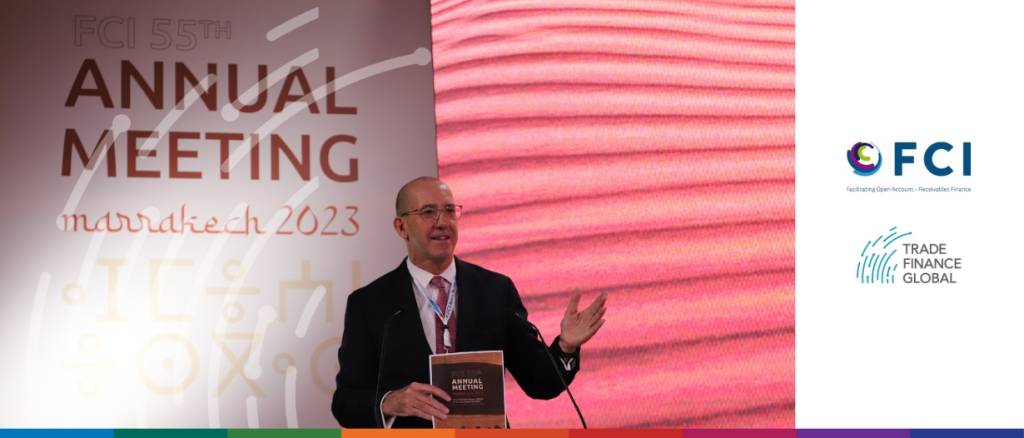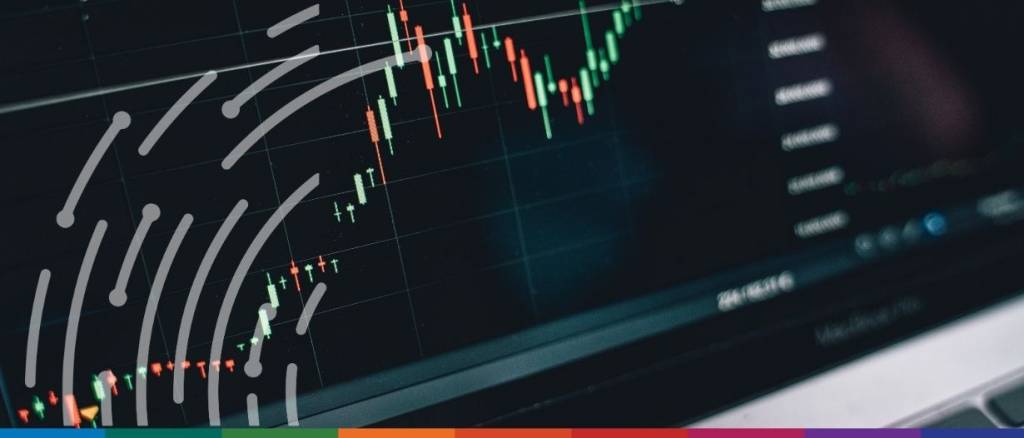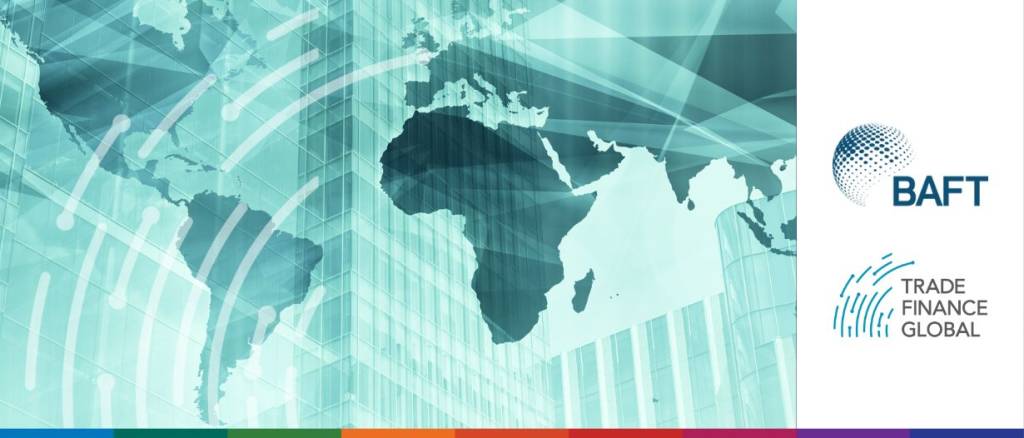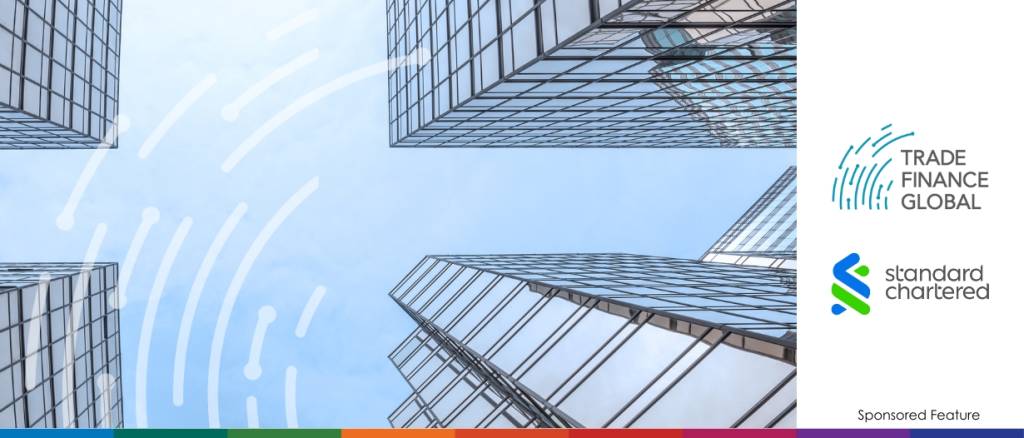Thanks to the expansion of the financial dataset available, which is no longer only related to payments, we are witnessing the evolution of open banking towards open finance, a model in which authorised third-party providers have access to information provided by banks, subject to prior customers’ consent.
FCI, the global representative body for the factoring and receivables finance industry, has achieved a significant milestone by securing three major agreements during its annual meeting in Marrakesh.
African Export and Import Bank (Afreximbank) has now established partnerships in its African Trade Facilitation Programme (AFTRAF) with over 80% of Africa’s commercial banks, according to the executive vice president of the Intra-African Trade Bank (IATB), Kanayo Awani.
Digital trade finance platform Contour has announced its closure, citing insufficient funding from its bank shareholders. Operations will cease on November 30, leaving users a brief window to complete transactions and download essential data.
A New York man with Ghanaian connections who engineered a trade-based money laundering (TBML) scheme to transfer illicit gains from online scams has been sentenced to 14 months in prison and ordered to pay $532,738 in restitution to 11 victims.
In the ever-evolving landscape of international finance, one pressing question looms large: Can Central Bank Digital Currencies (CBDCs) truly transform the realm of cross-border payments?
The African Export-Import Bank (Afreximbank) has signed a Memorandum of Understanding (MoU) with Morocco’s Government, represented by its Ministry of Economy and Finance. This MoU aims to establish a $1… read more →
International trade is vital to the growth of income and the country’s economy. It is, however, not possible to carry out any trade devoid of any risks.
Correspondent banking relationships (CBRs) are the linchpin of international trade and finance, enabling cross-border transactions and providing a gateway to foreign financial markets.
In the realm of trade, treasury and payments, the quest for seamless transactions and the bridging of technological divides has taken centre stage. At Sibos 2023 in Toronto, the panel “Corporate to Bank APIs for Guarantees – Are we Future Ready?” focused on the role of standardisation in driving technological development for the industry.
























